
Product QUIZ
Need help deciding what product is best for you? Take our quiz, just three questions until your perfect match!
THC For Sleep FAQ
What are sleep disorders?
Is THC legal in the US?
Why does CBD make me so sleepy?
What is the best ratio of THC for sleep?
How long does it take for THC to work for sleep?
Do I need CBD or THC to sleep?
How many edibles should I take for sleep?
Is it OK to sleep while high on edibles?
Is indica or sativa better for sleep?
What will a 100 mg edible do?
Where can I buy Delta 9 THC for microdosing?
Can cannabis help people with bipolar disorder sleep?
Are there any long-term effects of using CBD oils for sleep?

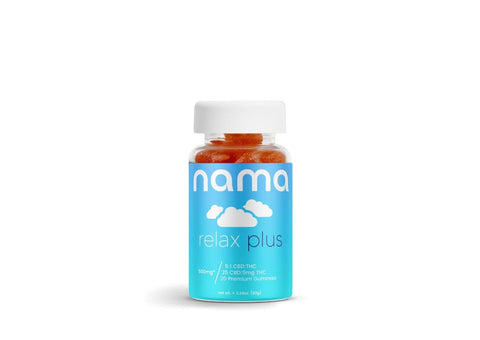
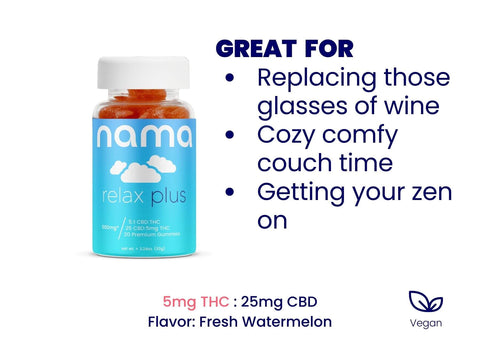
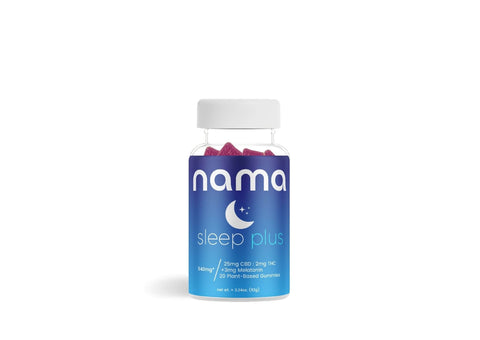
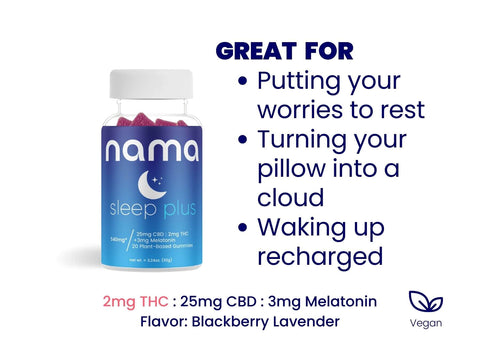
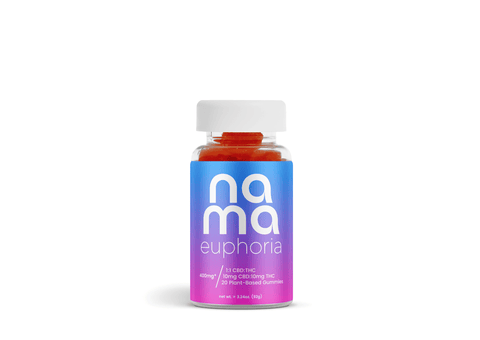
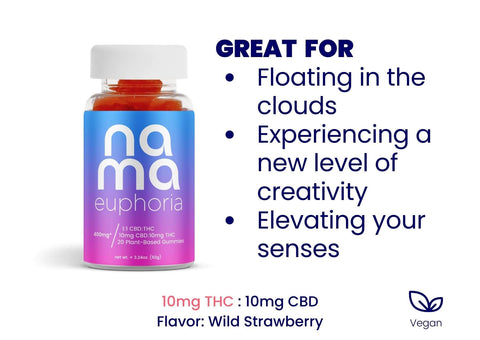
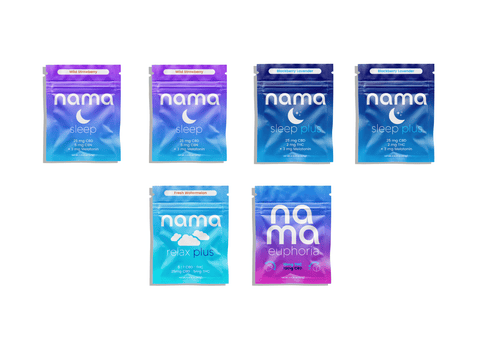
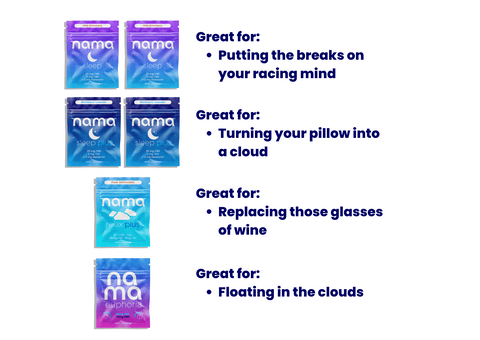
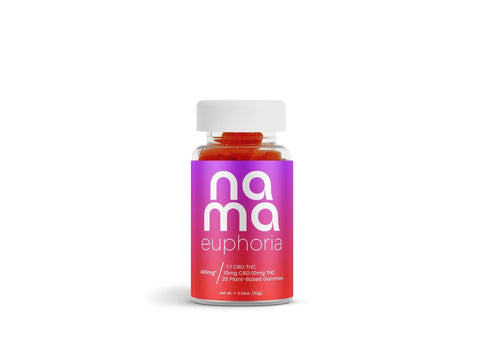
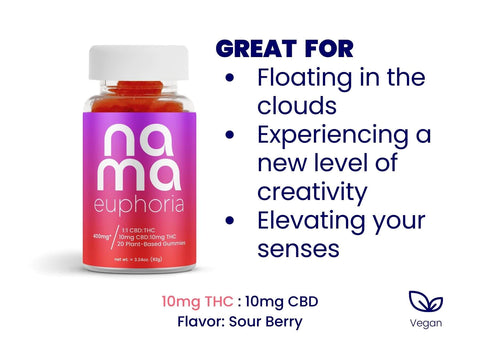


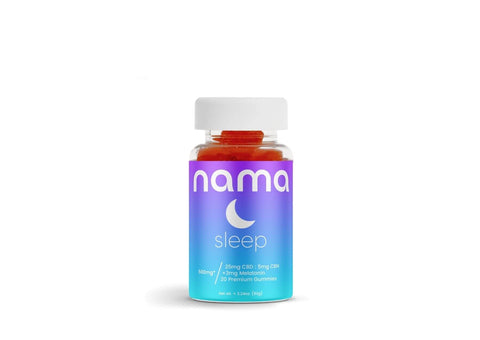
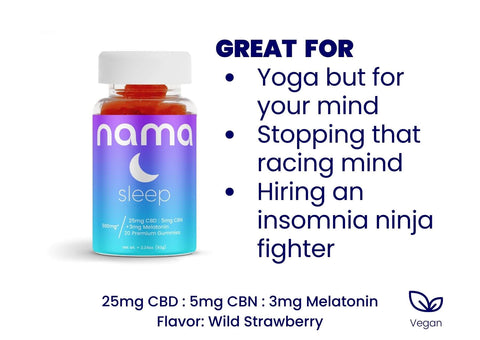
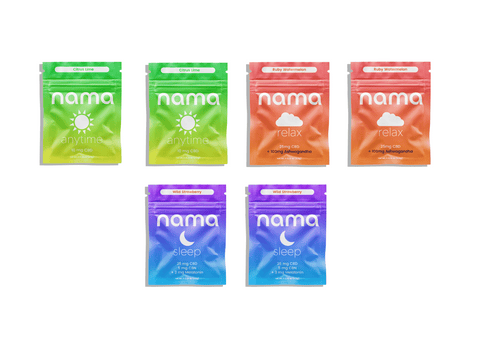
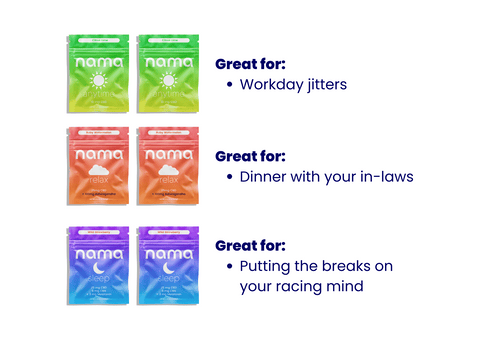







![Buzz Packs™ [THC and CBD Powder Drink Mix]](http://www.namacbd.com/cdn/shop/files/nama_buzz_packs_thc_drink_pack_white_background.png?v=1741884660&width=480)
![Buzz Packs™ [THC and CBD Powder Drink Mix]](http://www.namacbd.com/cdn/shop/files/Buzz_Packs_Label.png?v=1741884660&width=480)
![Buzz Drops™ [THC Drink Drops]](http://www.namacbd.com/cdn/shop/files/nama_thc_buzz_drops.png?v=1711412866&width=480)
![Buzz Drops™ [THC Drink Drops]](http://www.namacbd.com/cdn/shop/files/buzz-drop-wine-comparison.png?v=1736882023&width=480)
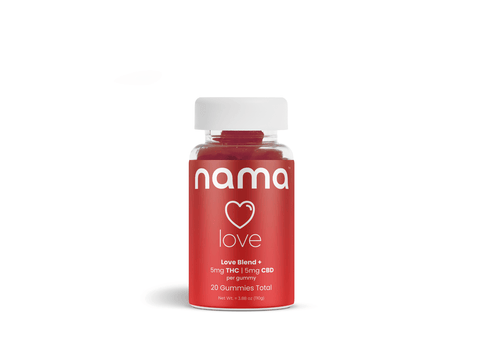
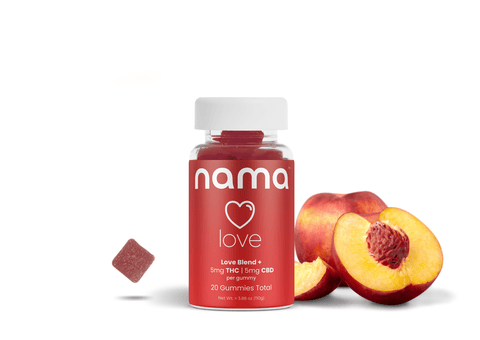


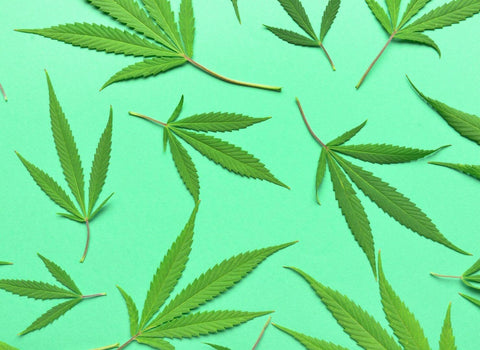
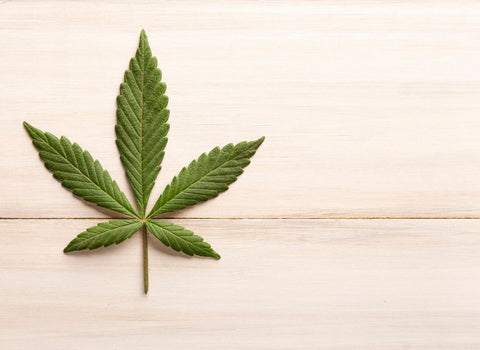



Comments (0)
There are no comments for this article. Be the first one to leave a message!